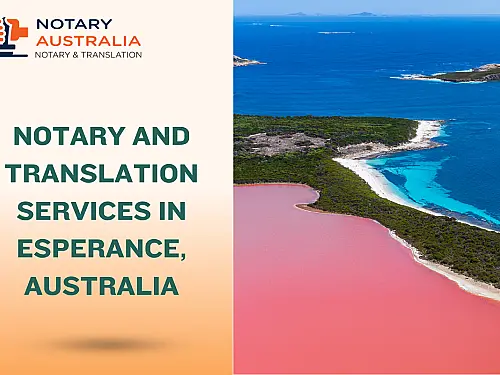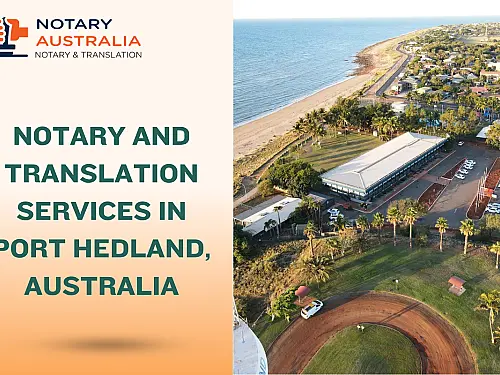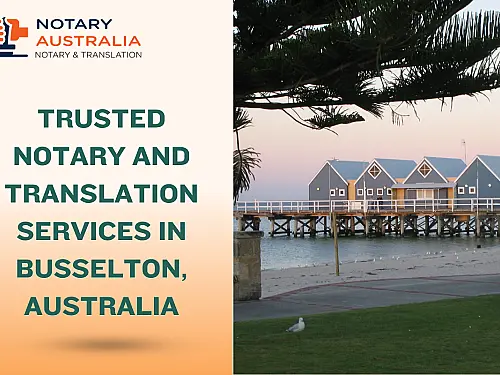



Notary and Apostille Services in Australia: Everything You Need to Know
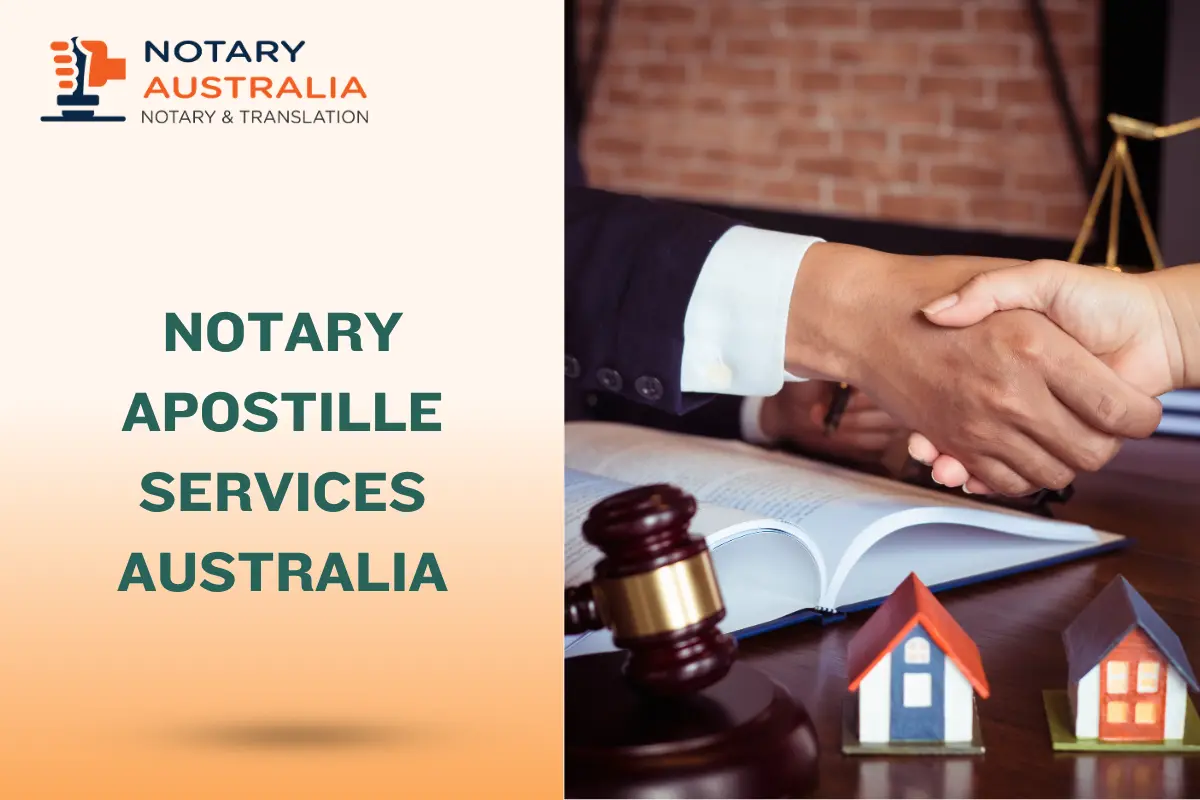
Table of Contents
In today’s increasingly globalised world, having your documents legally recognised across borders is essential. Whether you're applying for a visa, conducting international business, or submitting academic records abroad, notary and apostille services are often required. This guide explains what these services are, how they differ, and how to easily access them in Australia.
What Are Apostille and Notary Services?
What Is a Notary?
A notary public is a legally authorised official who verifies the authenticity of signatures, documents, and declarations. Their stamp or seal confirms the document is legitimate and signed in their presence.
What Is an Apostille?
An apostille is a special certificate issued by the Department of Foreign Affairs and Trade (DFAT) in Australia. It authenticates documents for use in countries that are members of the Hague Apostille Convention.
Why You Might Need Both Apostille and Notarisation
Some documents must be notarised before they can receive an apostille. This ensures the document is legally recognised both within Australia and overseas.
- Visa applications: Require notarised and apostilled passports, birth certificates.
- Academic institutions: May request notarised and apostilled university transcripts.
- Legal contracts: Often need notarisation and apostille for cross-border use.
Apostille vs Notarisation: Key Legal Differences
| Feature | Notarisation | Apostille |
|---|---|---|
| Issued By | Notary Public | DFAT (Australia) |
| Purpose | Verifies authenticity of signature/document | Authenticates notary's authority for international use |
| Required For | Domestic legal and preliminary international use | International document recognition |
| Accepted in Australia? | Yes | No (only for overseas use) |
Documents Commonly Requiring Apostille
Personal Documents
- Birth certificates
- Death certificates
- Marriage certificates
- Divorce decrees
Academic Documents
- Degrees
- Diplomas
- University transcripts
- Letters of recommendation
Corporate Documents
- Power of attorney
- Company registration documents
- Financial statements
- Business contracts
Apostille and Notary Services for Visa and Immigration
If you're applying for a visa, especially to countries in Europe or North America, you’ll likely need:
- Notarised passport copy
- Notarised and apostilled birth certificate
- Apostilled university transcripts for student visa applications
Documents must often be translated by a NAATI-certified translator before notarisation or apostille.
Mobile and Online Apostille Options
Mobile Notary Apostille Services
Mobile notaries travel to your home or office to notarise and submit documents for apostille processing—ideal for remote or urgent cases.
Online Apostille Services
Some providers now offer secure online platforms where you can upload, verify, and process documents digitally for notarisation and apostille.
Where to Get Apostille and Notary Services in Australia
You can find professional notary and apostille services in all major Australian cities:
- Sydney: Offers express notary and same-day apostille
- Melbourne: Online, in-office, and mobile services available
- Brisbane, Perth, Adelaide, Canberra: Mobile and document collection options
Note: Only the Department of Foreign Affairs and Trade (DFAT) can issue apostilles in Australia.
Cost and Timeframes
| Service Type | Average Cost (AUD) | Processing Time |
|---|---|---|
| Notarisation | $70 – $150 | Same day in most cities |
| Apostille (Standard) | $90 – $125 | 2–4 business days |
| Apostille (Urgent) | $150 – $200 | Same day or next business day |
Note: Prices vary by provider, document type, and location.
Frequently Asked Questions
Can I get an apostille without notarisation?
Yes—for government-issued documents. Other types (like academic or business documents) usually require notarisation first.
Who can notarise documents in Australia?
Only a registered notary public. Justice of the Peace (JP) signatures are not accepted for apostille by DFAT.
Is apostille the same as legalisation?
No. Apostille is used for Hague Convention countries. Legalisation is a different process used for non-member countries and typically involves embassy verification.
What if my document is not in English?
It must be translated by a NAATI-accredited translator before notarisation and apostille.
Final Thoughts
Dealing with international documentation doesn’t have to be complicated. With the right notary and apostille services, your documents can be legally recognised worldwide. Whether it’s for immigration, study, or business, Australia offers fast, reliable, and professional options—including mobile and online services.
Need fast help? Start by searching for a notary near you and confirm whether they offer apostille support. You could have your paperwork finalised and internationally ready the same day.

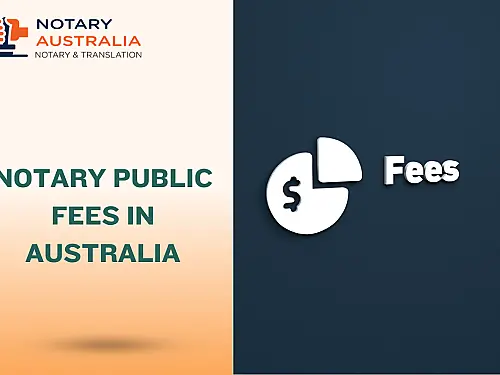
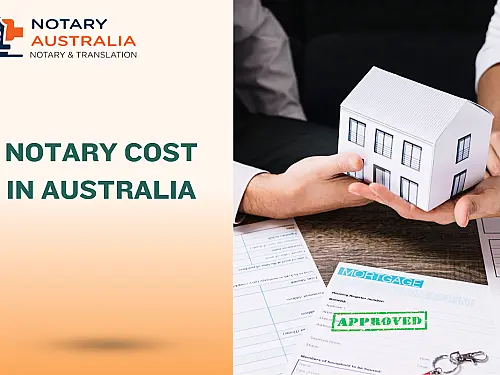
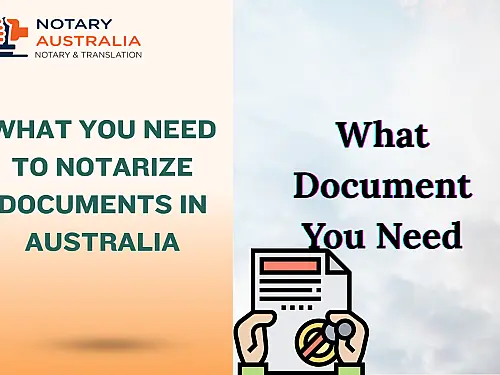
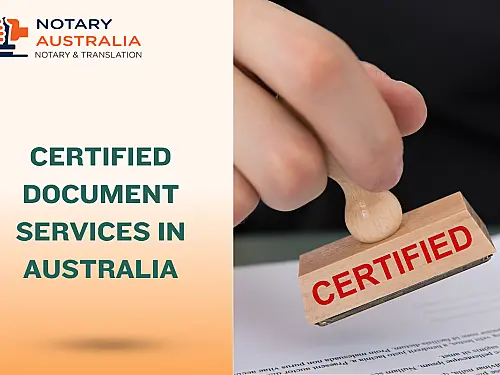
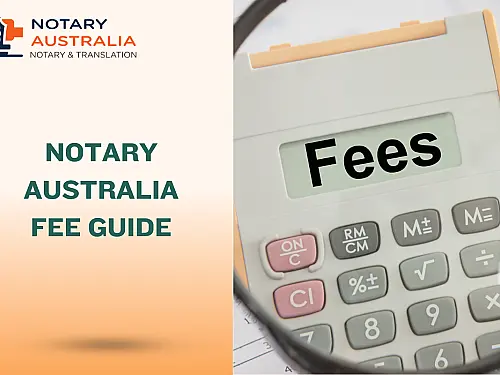
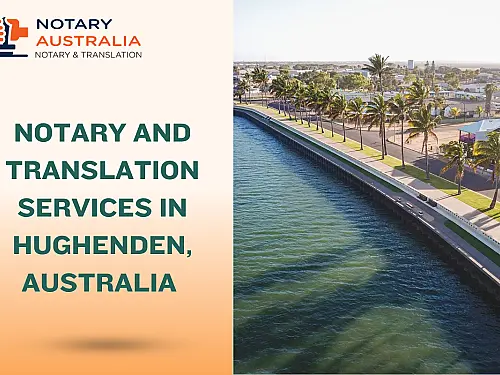
-thumb.webp)
